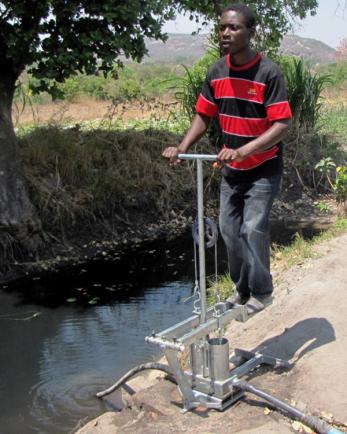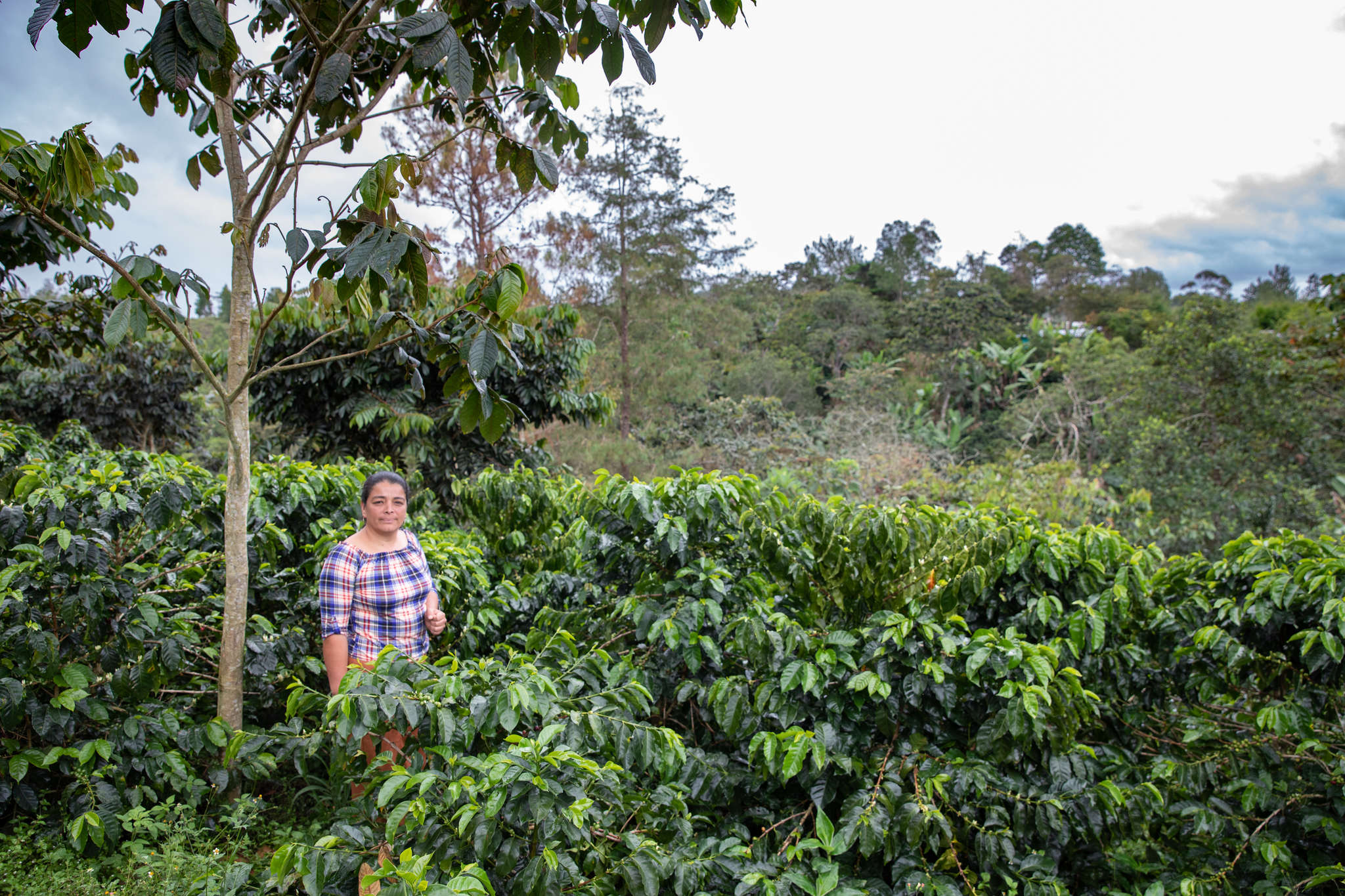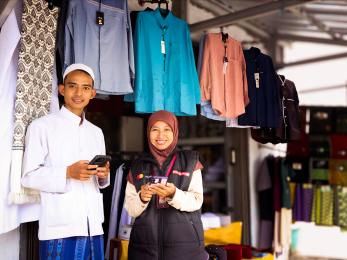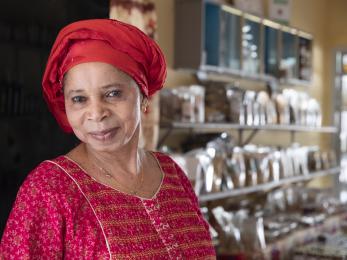Better living through treadle pumps

One of the greatest challenges that smallholder farmers face in Zimbabwe is how to irrigate bigger plots and get higher returns from their pieces of land. One of the most successful technologies that Mercy Corps has introduced in Zimbabwe's Murehwa district is the treadle pump.
This is not the first time that Mercy Corps has used the pump to increase yields in Murehwa. It was first introduced to Murehwa — which lay about 50 miles from Harare, the country's capital — in 2008 through the Phoenix Fund. This initial project assisted 25 local farmers with water-pumping devices in an effort to increase yields in an area that is endowed with many shallow wells.
The materials used for the pump are a combination of metal and wood — and sometimes plastic — along with piston cups that might be leather, plastic or rubber. These basically do the same thing; they lift irrigation water from depths of up to 15 meters (about 50 feet). We estimate that more than 200 households in Murehwa have purchased and used this handy little suction pump in the past three years — phenomenal growth in the use of this simple but very effective technological device.
However, Mercy Corps is not directly selling or providing these treadle pumps to the farmers. This is not the objective of the Revitalising Agricultural and New Markets (RAIN) in Zimbabwe Program; instead, the goal is for agro-dealers or suppliers to sell them to their clients. And so, since November 2009, we've helped set up supply chains and encouraged the rise of competition among suppliers of this technology. In addition, farmers are being supplied with cash loans through a microfinance institution to facilitate the purchase of these treadle pumps.

The magic of irrigation is that it boosts agricultural productivity through better-nourished crops, as well as additional crops during the dry seasons of the year. The advantage of this productivity means additional food for household consumption — and for selling in local markets for household income. In Murehwa these days, many farmers are seeing their net income increase to US$1000 annually; in a country where the average income hovers around US$500 per year and where farmers often make much less than that, that's an incredible increase.
Even being a little conservative, if we estimate that the annual income boost for a farming household in Murehwa is $800 per year — and that the pumps are used for a minimum of three years – working with 1,000 households means that there will be local increase in household incomes by a total of US$800,000 a year. That's nearly US$2.5 million dollars over a three-year period. Not bad for a little machine that costs less than two hundred dollars!
The consequence of this is better options for farmers – the option to have more food to eat. To improve housing. To better educate children, afford health care more reliably and purchase additional farm assets to expand their livelihood.
Although the treadle pump requires physical activity, it is not as hard as manually lifting and carrying water from a well or a river. And so men, women and children can all use these pumps. Around here, everyone can use a treadle pump to lift not only water, but livelihoods.


